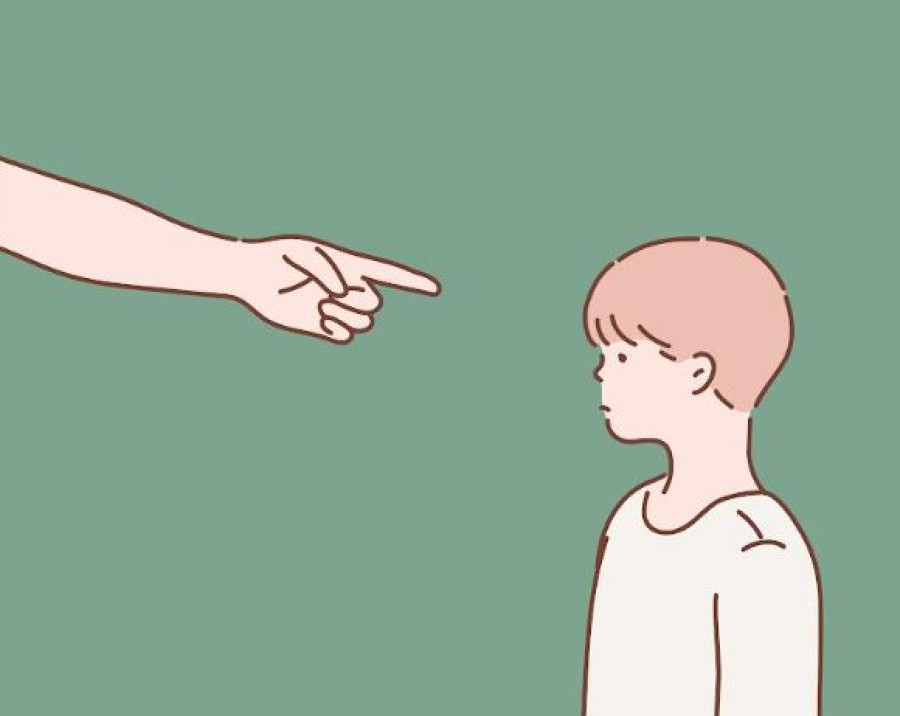Culture & Lifestyle
The cost of growing up too soon
Not all children get to have a childhood. Some are forced to mature quickly, burdened with responsibilities that aren’t theirs to carry.
Sujina Manandhar
Ever wonder why some people act mature beyond their years while others maintain a childlike nature even with greying hair? What creates this difference? Are some people naturally ‘old souls’ born with wisdom, or do their upbringing and life experiences shape them?
Not all children get to have a childhood. Some are forced to grow up too quickly, burdened with responsibilities that aren’t theirs to carry. Life’s harsh realities, poverty, trauma, or family instability, can rob them of their innocence, leaving them no room to enjoy the carefree nature of childhood. Instead, they’re thrust into survival mode, learning to cope with adult challenges long before they’ve had a chance to figure out who they really are or what they need emotionally. These children grow up carrying the weight of responsibilities that often overshadow their personal growth. As a result, they miss out on the crucial emotional and developmental experiences that shape a healthy sense of self.
Living constantly in this ‘survival mode’ shapes their emotional, psychological, and social landscapes. Upon growing up, they might experience emotional difficulties that persist long after their struggles subside. These children, now adults, may carry the remnants of their lost childhoods, always seeking to reclaim the pieces of themselves that were never allowed to grow in the first place.
I recently met a nine-year-old girl who lives with her grandmother and younger brother. Something about the look in her eyes set her apart from her peers. When I spoke to her grandmother, I learned that this little girl cooks, cleans, and takes care of most household chores to support her family. My colleague beside me remarked, “That’s so mature and responsible of her!” But I couldn’t help but wonder, “At what cost?” I questioned whether being responsible to such a degree at such a young age was good.
A conversation with this girl deepened my sense of perplexity. When I asked her what she would wish for if she could have anything in the world, her answer was far from what you’d expect from a nine-year-old. She said, “For my brother to get treatment and become healthy again.”
At that moment, I understood how deeply she had stepped into the caretaker role—not just for her ill brother but also for her ageing grandmother. Her sense of responsibility seemed so ingrained that she instinctively placed others’ needs above hers. I wondered how much of her childhood she had sacrificed to shoulder burdens far beyond her years.
This is just one example of what might lie behind the eyes that seem wise far beyond their years.
To grasp the deeper effects of being forced to grow up too quickly, we can turn to Erik Erikson’s theory of psychosocial development. Erikson proposed that children navigate key stages, each presenting specific challenges essential for healthy psychological growth. When children are rushed into responsibilities prematurely, they often miss the chance to experience and resolve these stages fully. This can leave gaps in their emotional development, potentially impacting their sense of self, relationships, and well-being as they grow older.
For example, during adolescence, the primary task is to explore the world and develop a sense of personal identity—figuring out who you are and where you belong. However, children forced to take on adult responsibilities too early are often denied this freedom. They don’t get to explore their desires or understand themselves fully, as they’re already locked into a caretaker or adult role. This can lead to confusion about who they are, potentially causing an identity crisis that lingers even into adulthood, leaving them feeling lost or disconnected from their sense of self.
Children who grow up under constant stress often develop mature problem-solving skills, focusing more on survival and practical matters than on exploration or learning in the developmental sense. However, this shift in priorities can be overwhelming for a young mind, leaving them with difficulty regulating emotions. As they navigate this stress, chronic anxiety, depression, or other emotional disorders may emerge later in life, especially if they lack the tools to cope with such intense early experiences.
The impact of adversity also extends to their social development. Because their minds mature differently from their peers, they often struggle to connect and engage in age-appropriate interactions, leading to feelings of isolation, loneliness, or even bullying. This social disconnect can deepen as they age, making it harder to form lasting, healthy relationships.
As adults, those who have faced early hardship may continue to grapple with issues like trust, attachment, and setting boundaries. These challenges can affect personal and professional relationships, often complicating their ability to navigate social dynamics.
The next time you encounter a child with wisdom beyond their years, pause to consider the silent cost it may carry.




 15.87°C Kathmandu
15.87°C Kathmandu















